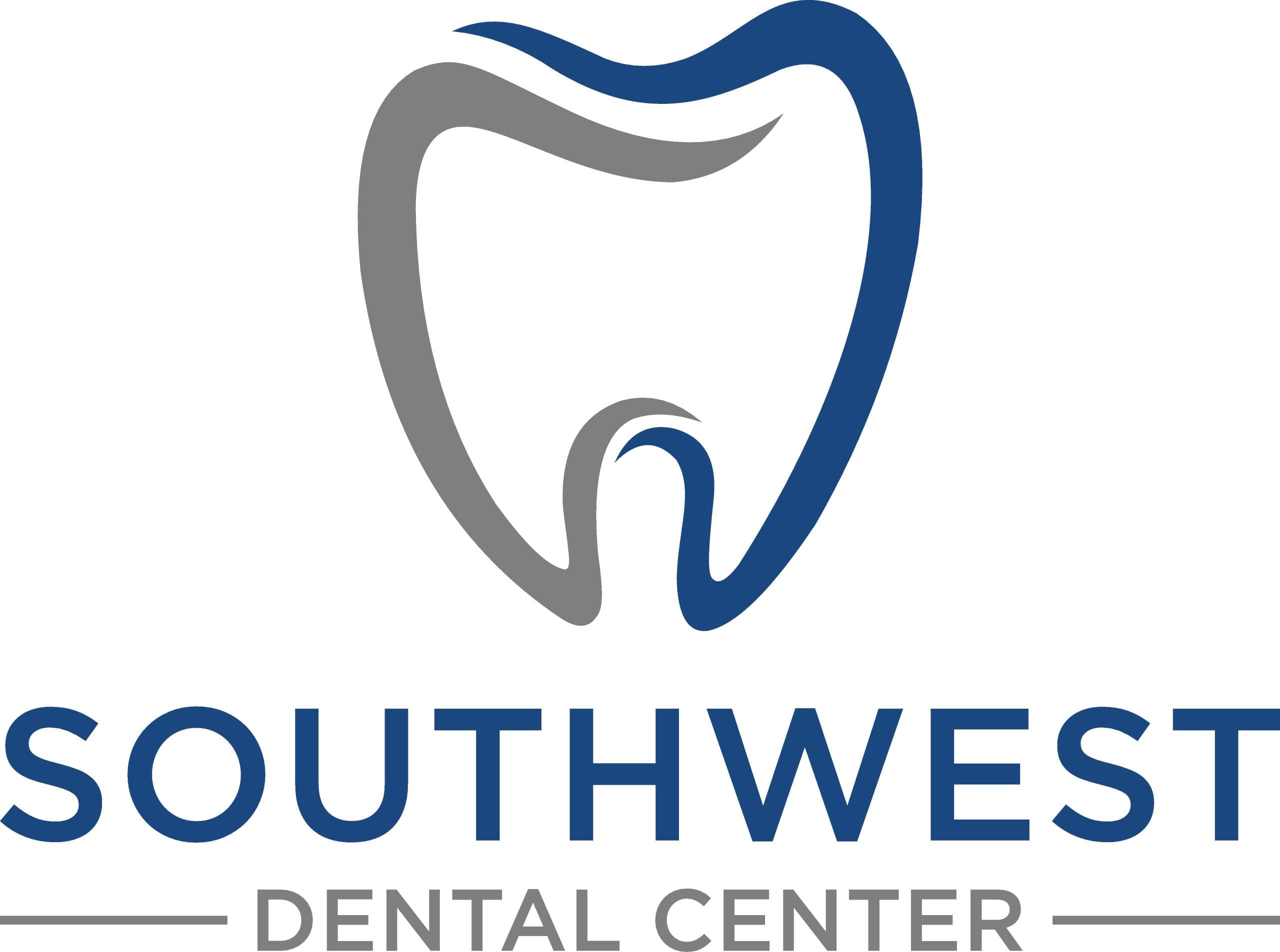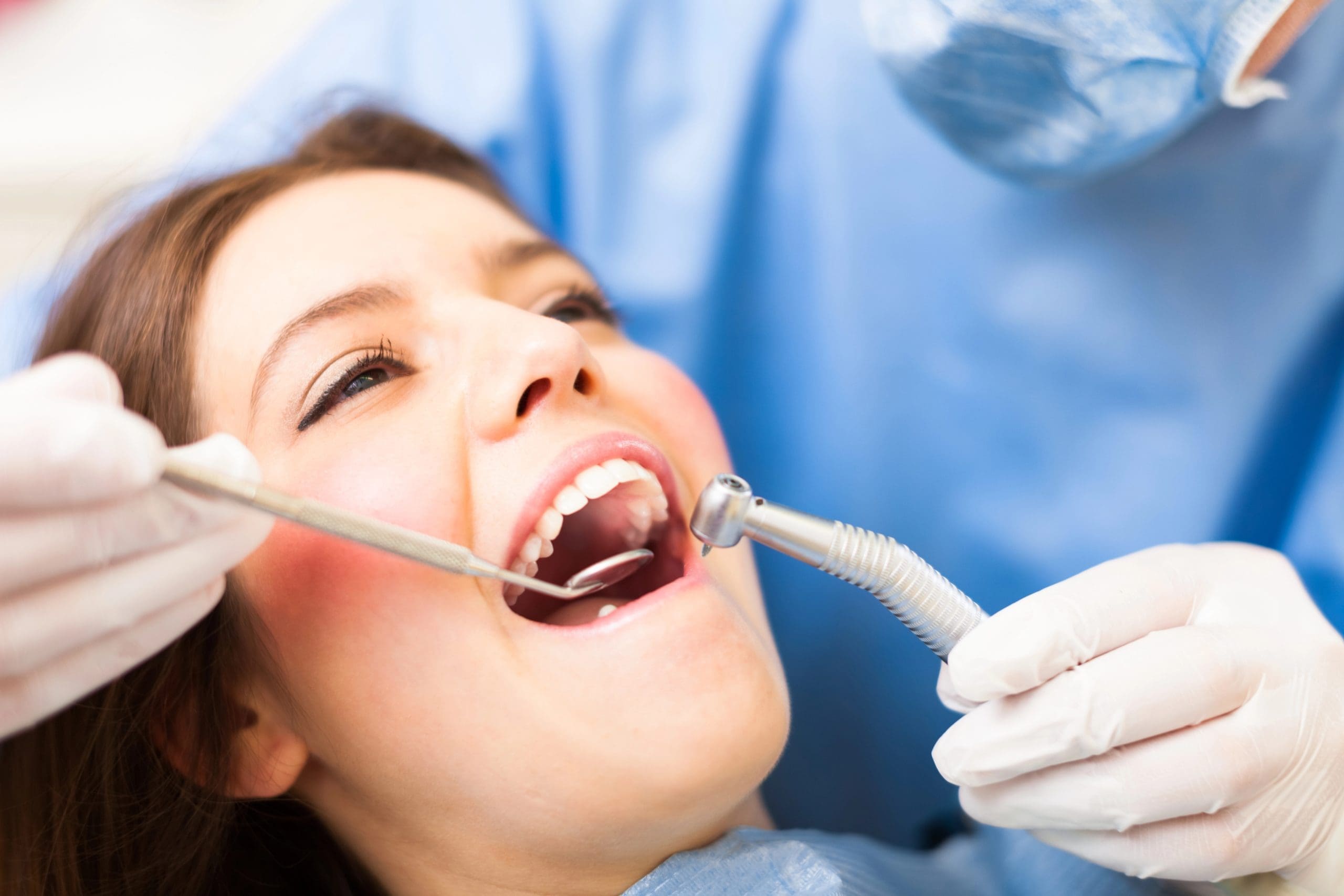Are you curious about the various plaque removal methods available today? Understanding these methods can help maintain oral hygiene by effectively managing plaque buildup. This post will explore the general approaches used to address plaque, ensuring a broad understanding of the subject.
Plaque Removal Methods: Types of Dental Plaque
Understanding the types of dental plaque is crucial for effective plaque removal methods. Primarily, dental plaque can be categorized into two types: soft plaque and hard plaque, also known as tartar. Soft plaque is a sticky, colorless film that builds up on the surfaces of your teeth. It’s composed of bacteria, food particles, and saliva. Regular brushing and flossing can usually manage and remove soft plaque. However, if not removed promptly, soft plaque can harden into tartar, a much tougher substance that strongly adheres to teeth near the gum line and can only be removed by professional dental cleaning.
Hard plaque or tartar contributes significantly to dental decay and gum disease, making its management critical for oral health. Since tartar removal requires professional intervention, understanding and implementing early prevention strategies are essential. For more detailed guidance on preventing hard plaque buildup, consider visiting our page on Tartar Buildup Prevention Tips and Tricks.
Professional Cleaning Techniques
When discussing plaque removal methods, professional cleaning techniques stand out due to their effectiveness and thoroughness. These methods are performed by trained dental professionals who use specialized tools to clean areas of the mouth that regular brushing and flossing might miss. This process not only helps in removing plaque but also prevents the buildup of tartar, which can lead to more serious gum diseases if left untreated.
Regular visits to a dentist are crucial for maintaining oral health and ensuring that all plaque is effectively removed from teeth surfaces and gum lines. For those seeking professional dental care, consider scheduling an Expert Dental Exams in Fort Wayne to maintain optimal oral hygiene.
Regular Dental Visits Importance
Regular dental visits play a crucial role in maintaining oral health, particularly in the management of dental plaque. Plaque removal methods are most effective when supported by professional assessments and cleanings. These visits help ensure that any buildup of plaque is addressed before it can lead to more serious dental issues. Regular check-ups allow dental professionals to monitor oral conditions and manage plaque effectively.
Tools Used in Plaque Removal
When discussing plaque removal methods, it’s essential to understand the tools commonly used by dental professionals. These include various types of scalers and polishers that effectively remove plaque from teeth surfaces. Understanding these tools can help patients appreciate the importance of regular dental check-ups in maintaining oral health. For those seeking professional dental care, Southwest Dental Center Family & Cosmetic Dentistry is a reliable choice. Learn more about their services by visiting this Fort Wayne Dentist.
Understanding Dental Scaling
Dental scaling is one of the plaque removal methods utilized to maintain oral hygiene. It involves the careful removal of plaque and tartar that accumulates on the teeth, which if left untreated, can lead to various gum diseases. This procedure is typically performed by dental professionals to ensure thorough cleaning and to promote overall dental health. Understanding the process of dental scaling can help individuals recognize the importance of regular dental check-ups in managing and preventing the buildup of plaque.
Role of Dental Hygienists
Dental hygienists play a crucial role in the implementation of effective plaque removal methods. These professionals are trained to perform thorough cleanings, educate patients on proper oral hygiene techniques, and recommend personalized strategies to maintain oral health. By using specialized tools and techniques, dental hygienists can efficiently remove plaque and tartar that regular brushing and flossing might miss. Their expertise is vital not only in preventing dental diseases but also in ensuring that each patient’s plaque removal routine is optimized for the best possible outcomes.
Frequency of Dental Cleanings
Regular dental cleanings are a cornerstone among plaque removal methods, essential for maintaining oral health and preventing gum disease. Most dental professionals recommend that you schedule a cleaning every six months, although some individuals with specific dental issues may require more frequent visits. These cleanings not only help remove plaque and tartar that regular brushing and flossing might miss but also provide an opportunity for your dentist to monitor your oral health and catch potential problems early. By adhering to a consistent dental cleaning schedule, you can ensure effective plaque management and maintain a healthier, brighter smile.
Plaque vs. Tartar Differences
Understanding the differences between plaque and tartar is crucial when exploring effective plaque removal methods. Plaque is a soft, sticky film that builds up on your teeth and gums daily, consisting mainly of bacteria and food particles. If not removed regularly through brushing and flossing, plaque can harden into tartar, a much tougher substance that firmly adheres to the enamel of your teeth at the gum line. Tartar can only be removed by a dental professional using specialized tools. Recognizing these differences is essential for maintaining oral health and preventing the progression from plaque to tartar, which is why incorporating regular dental check-ups and proper home care into your plaque removal methods is vital.
Consequences of Ignored Plaque Buildup
Ignoring dental plaque can lead to severe oral health issues. When plaque is not removed regularly, it hardens into tartar, which is much more challenging to clean and can cause gum disease and tooth decay. These conditions not only lead to bad breath and tooth loss but can also affect overall health, including heart disease risks. Effective plaque removal methods are essential to prevent these consequences and maintain both oral and general health. Regular brushing, fusing, and professional dental cleanings are key components of a comprehensive dental care routine.
Conclusion
For more insights on plaque removal methods, feel free to call us at 260-444-5728 or read our reviews on Google Maps.

